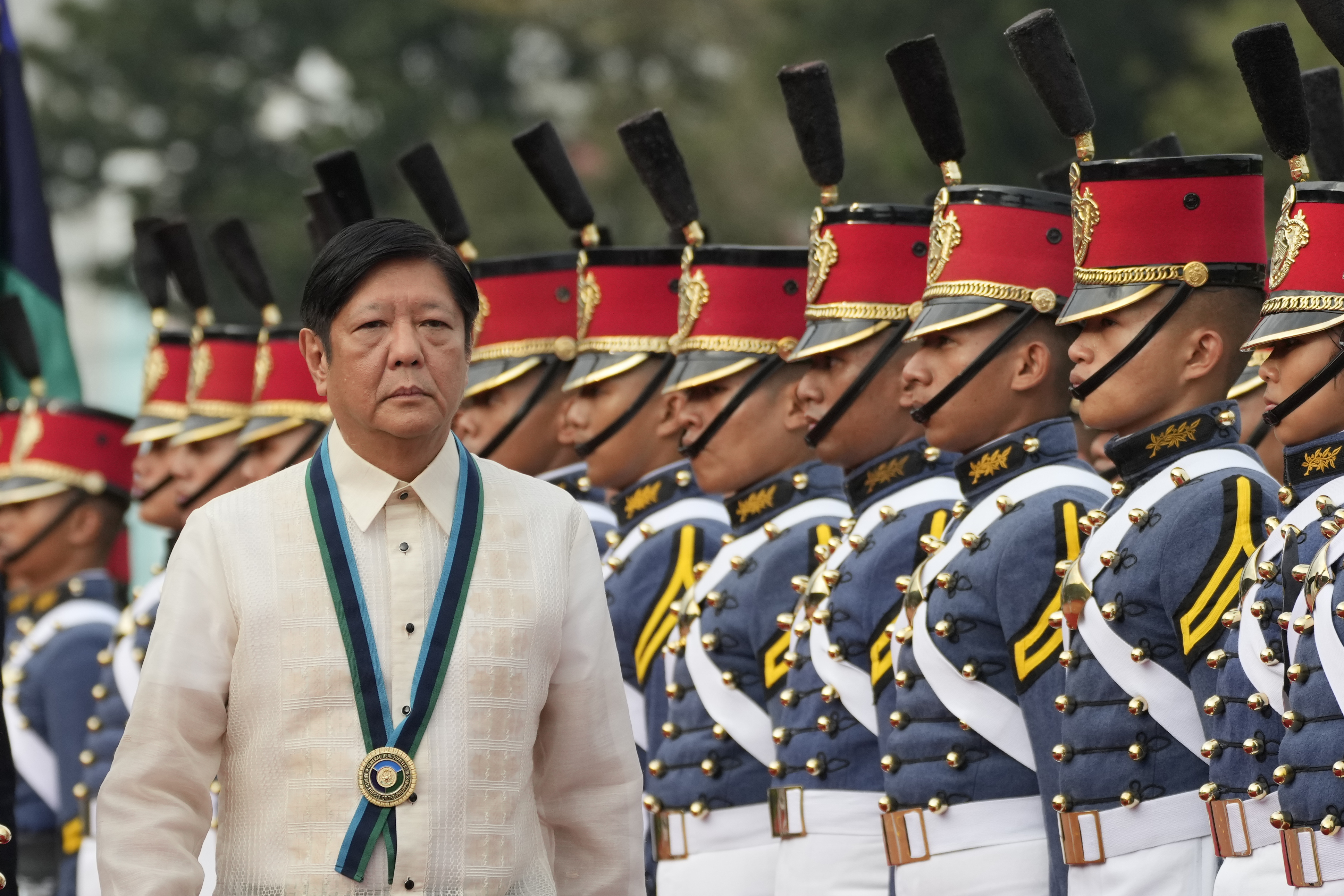
MANILA - Philippine President Ferdinand Marcos Jr signed into law a bill on Tuesday that aims to develop the country's defense industry to reduce its reliance on imported sources and create equipment tailored to its security challenges.
"It's a logical move forward for a country that finds itself at the fulcrum of geopolitical shifts and volatilities. At its core this act is about cultivating a robust and sustainable national defense industry," Marcos said after signing the bill.
To promote and encourage investments in the country's defense technology and production, the new law will offer fiscal incentives ranging from tax breaks and government-backed financing, Marcos said.
"We will prioritize R&D to develop systems that meet our unique requirements to stay ahead of evolving threats, particularly asymmetrical threats that traditional systems may not be completely equipped to address," Marcos said.
ALSO READ: Manila urged to rethink US military ties
The new law, Marcos added, will also prioritize the production of critical defense materiel in the country, from small arms and tactical vehicles to more sophisticated systems.
"It establishes a structured approach to defensive development, starting with research and production capabilities that align our defense sector with our strategic objectives," Marcos said.
The law is expected to complement government efforts to modernize its military, as it would help ensure that the Philippines can manufacture, maintain and upgrade military equipment.
READ MORE: Philippines to allocate $875m for military modernization plan in 2025
The Philippines has a relatively small defense industry capable of producing small arms and ammunition, but it has yet to achieve large-scale production of advanced military systems such as fighter jets.
It is embarking on the latest phase of a multi-billion effort to modernize its military, allocating $35 billion for the buildup spread over the next decade.


